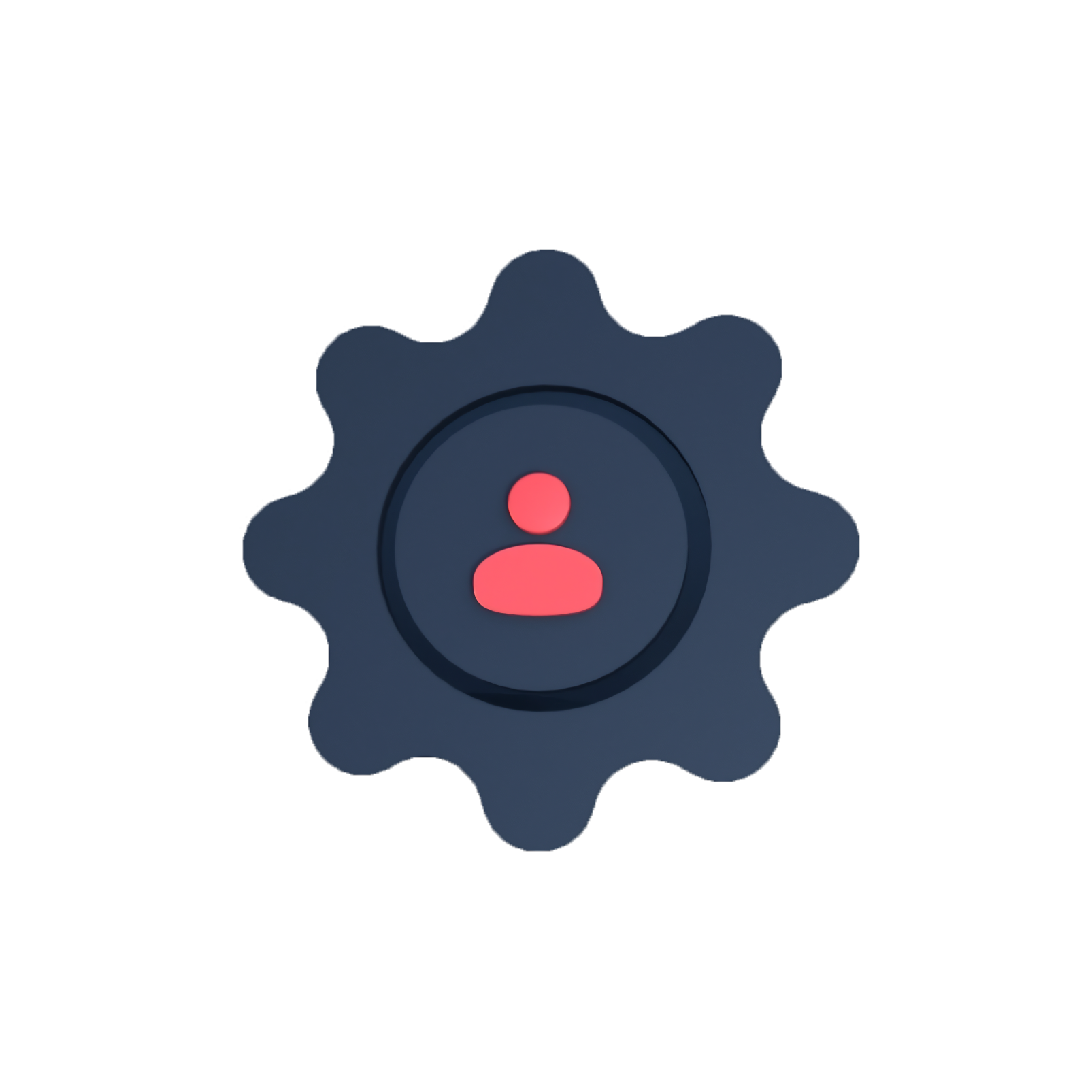By their nature, technology firms will have an engineering team that is responsible for improving their existing technology, as well as maintaining it. These firms will also have a support or help desk on-hand to field issues from their customer base. A percentage of these issues are bugs in the technology that need to be fixed by the engineering team, while the rest are user-related.
These two teams are integral to the growth of a technology firm. Here’s why:
- Support: tasked with customer interaction and mediation, even when the customer is wrong. If they manage to get customers to give their service a high NPS ratings — as a result of a great customer experience — the support team can lower churn rate and increase referrals.
- Engineering: responsible for how robust the technology is, and how quickly bugs can be resolved. When problems are attended to timeously, the lower the churn rate and the higher the referrals.
From a marketing perspective, companies can buy leads through paid media sources such as Google AdWords. But there is an upward trajectory of how much this will cost a firm.
It also takes constant creation of valuable content for a firm’s website to start ranking higher for more search terms. But to create high quality content on a consistent basis is not cheap either. One solution is a medium- to long-term strategy that gets existing customers to refer new customers, while retaining those existing customers. This means that integrating customer experience (CX) into marketing is critical.
Here are a few tactics that can be implemented to achieve this:
- Integration of service desk software with engineering project management software. For example, integrating HubSpot Service Hub with Jira. When this happens, the support team can easily log engineering requests, which can then be slotted into development sprints. Once completed, the relevant support agents are notified so that they can keep their customers updated. Without this in place, there is a time-consuming, manual process of checking hourly — or daily — on whether the engineers have resolved an issue. This may result in the customer not being kept up to date.
- Requesting references based on high NPS scores. Once a support ticket is closed, an NPS or CSAT survey should be issued automatically. If the rating received is high, an automation should be triggered to ask the customer to write a reference on a website such as G2.com. Many people use websites like this to help them make software purchasing decisions, and so regular high ratings will have a positive impact on lead generation.
- Create a knowledge base and training content. Many tickets are, in fact, user knowledge issues and not technology issues. Having a knowledge base will allow customers to self-serve and open less tickets, while also creating a mountain of content on your website that will increase your search engine rankings and drive more potential customers to your website. The same content creators that produce a firm’s marketing collateral should be writing or overseeing the knowledge base content to ensure consistent messaging and alignment with the brand.
If you are a firm that has an engineering team and a support team and want to chat about integrating customer experience into marketing through technology, schedule a meeting with Daryn here.











-3.png?width=500&height=320&name=Matt%20-%20imagery%20bank%20(8)-3.png)
